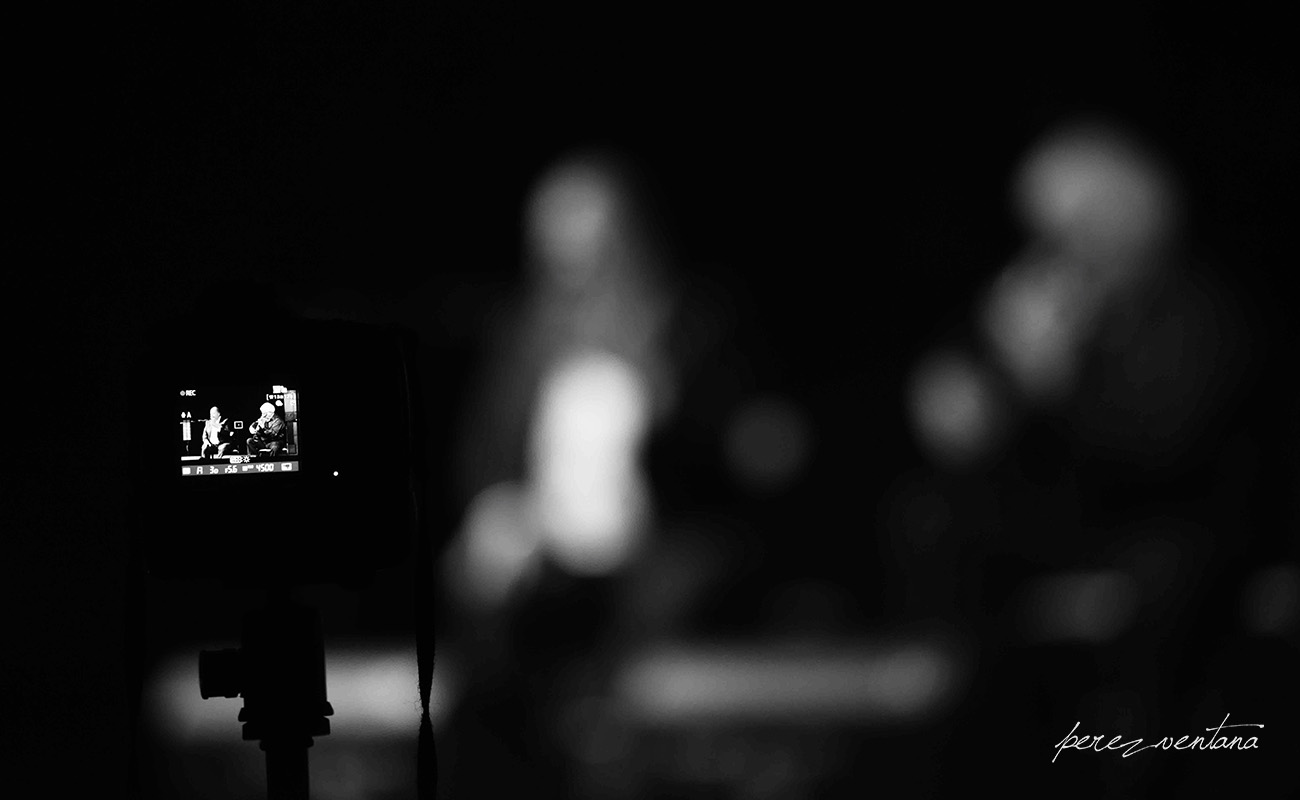The Bienal festival and the critics
The critics in general have not been very critical of the Bienal, as they are glad the festival was held at all, and this created a wave a sympathy from the written media and the analysts. If this is the way it is going to be, we have a problem

The Bienal festival is over and now come the assessments, which will not be very critical, or at least that is what I think. According to what I have read, the critics in general have not been very critical of the Bienal, as they are glad the festival was held at all, and this has created a wave a sympathy from the written media and the analysts. This is understandable, of course, but critics should be above that. If a show is a flop, it is reviewed at such and that’s it, no harm done. I have experienced every Bienal festival, except this one, and in all of them there has been some bad shows. The program of this edition also had many non-flamenco things that should never have been featured in a flamenco festival.
If this is the way it is going to be, all kindness, submitting to the interests of the media, we have a problem. That is why I stopped writing critics of flamenco shows performed in theaters or summer festivals, although I still give my opinion about flamenco in my sections in ExpoFlamenco and Correo de Andalucia. I would never accept being asked to “go soft” on the Bienal or on any other festival, or on any record label. Music critics cannot accept such demands, although I understand that people need to pay their bills and life is hard. I know all about it.
«We in ExpoFlamenco will bring back the critical spirit of the old days, because independent critics of good quality are necessary»
If now we have to be nice and condescending with the artists, because they are having a hard time, then we should call ourselves “chroniclers”, not “critics”. Chronicles are good too, they are nice and kind, and it is not easy to write a good chronicle of a flamenco show. Maybe they are better paid, too, because no one pays for critics these days. In general, is not possible to make a living writing critics. I make a living writing about flamenco, but there are not many of us left.
In this Bienal festival we have seen some critics being published fifteen minutes after the show ended. It is not possible to write a critic in fifteen minutes, so the only explanation is that they are written or half-drafted beforehand. In the last edition of the Bienal I saw one critic uploaded on the website of a Seville newspaper twenty minutes before the show ended. Maybe the critic was written in the theater, on a smartphone, but if that were the case the author would have been watching the screen of their phone, not the show itself.
Two or three years ago, a bailaora premiered a big-budget production, and a professional critic sang her praises. Two hours later he was celebrating the great success with said bailaora in a restaurant in Tomares. Yes, a professional critic.
We in ExpoFlamenco have not fallen into such indignities and we never will. As director of this flamenco digital magazine, let me tell you that we will bring back the critical spirit of the old days, because independent critics of good quality are necessary. In general, not only in Seville, where perhaps critics are more professional.






